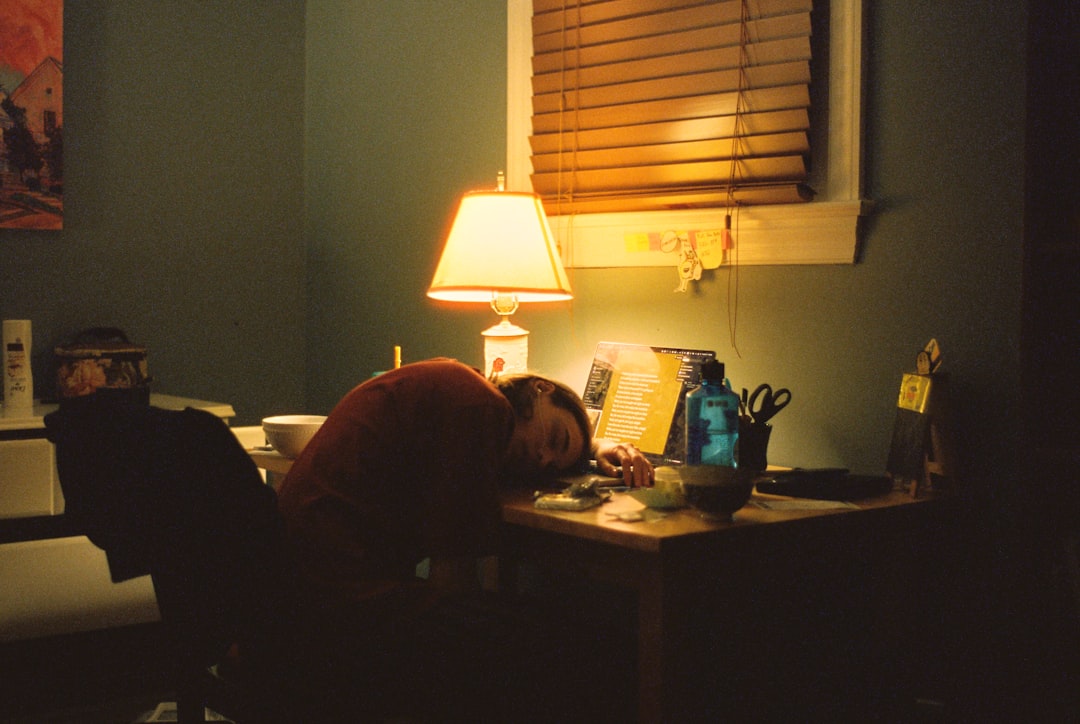In September 2023, I could no longer productively procrastinate and was forced to begin writing my book. A Biglaw partner had previously remarked that I “write fast,” so I planned to be finished with my first draft by the end of the year. What a great end to the year that would be, I imagined, blocking off eight-hour periods in my calendar for “Work on Book.” As an associate, I routinely worked 8, 10, sometimes even 15 billable hours a day (and that’s just billable!), so I believed myself to be extremely prepared for the task. How different could it be?
Very different, it turns out.

Biglaw involves varied tasks and varied practice areas—doc review and due diligence and formal memos and informal email memos and PowerPoint presentations and contracts and website terms—but at its core, all work could be distilled into two component categories, facilitative and generative. By that, I mean:
Facilitative tasks are those that involve looking at information that already exists in the world and facilitating their movement to, and understanding by, other people—clients, partners, junior associates to whom you’re delegating, reporters, webinar attendees, law students you’re recruiting. Sending out emails to gauge people’s availability to schedule a call is a facilitative task, as is summarizing recent legal developments in an email.
Generative tasks are those that, well, require some form of generation from yourself. The solution, the information, whatever you’re trying to convey—it doesn’t exist yet. It must be mined from the annals of your own mind. Coming up with a new structure for an M&A, for example, or writing your opening arguments for trial—if you can’t largely copy-paste, change a few things, and be done, then you’re probably looking at a generative task.
The delineation above is, of course, an oversimplification. A single task can involve both facilitative and generative elements, and the ratio of facilitative to generative for a task will change over time. The first time I ever had to write a due diligence memo for an M&A, completing the assignment felt 40% facilitative (because I was summarizing contracts and publicly available information) but also 60% generative (because I had no clue what made for a “good” due diligence memo, how much detail to include, what tone to take, how long it should be). A year later, due diligence memos felt 95% facilitative and 5% generative—I was so comfortable with them, I could crank them out at 1am while in the depths of sleep deprivation.
At every stage of our lives, we have a preferred ratio of facilitative to generative work. This ratio is subjective, dictated by both personality and circumstances. First job postgrad? You’ll probably want more generative than facilitative. New parent to twins who aren’t good sleepers? You probably have enough generative tasks at home for both of us.
In my fifth year working in Biglaw, my substantive billable work skewed facilitative rather than generative. Due to my preferred facilitative-to-generative ratio, I subconsciously began devoting more energy to figuring out the firm’s internal politics and discerning why certain attorneys were promoted to partner earlier and why partners left for other firms. I didn’t think of these activities as “work”—especially because they weren’t billable—I just thought of them as having time to be nosey now that I wasn’t constantly buffeted by vague instructions from partners or class ascension-related anxieties.
As a result, when I imagined myself working for myself, I imagined work as the 95% facilitative/5% generative that billable work in my final year of Biglaw had been. And the thing with facilitative work, at least for me, is that I can spend an indefinite number of hours facilitating.
I was disappointed, then, to block off eight-hour periods to write on weekdays, determined to write for all 480 minutes, only to end up petering out, energy-wise, after three. Maybe four (on extremely rare days).
What the hell is wrong with me? I thought. Maybe this is a sign that I can’t be a writer. Maybe writing is only something I could do before the advent of adulthood, in story submissions that go nowhere and fanfiction read by no one. Maybe the haters are right—I should give up and go back to being a lawyer.



